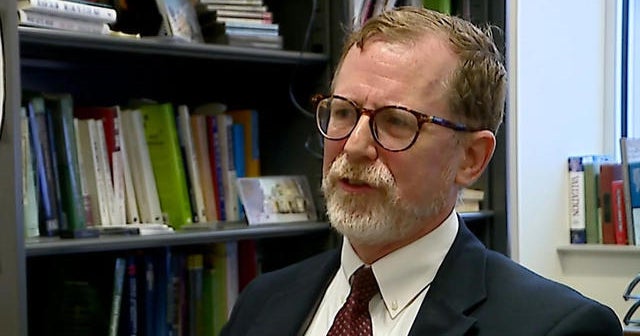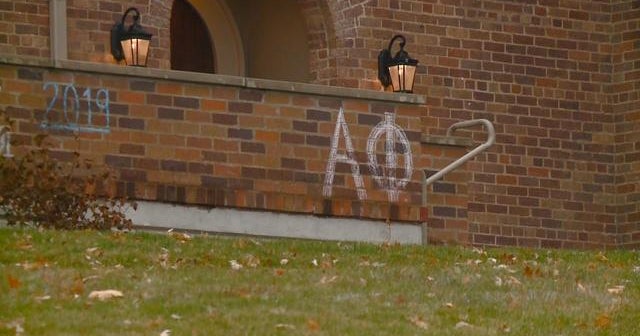Fraternity Hazing Scandal at UCF: Allegations of Disturbing Practices Unveiled
The University of Central Florida (UCF) is currently grappling with a serious fraternity hazing scandal that has sent shockwaves through the campus and beyond. The university has suspended two fraternities amid alarming allegations, including claims that pledges were subjected to being struck by vehicles. Such incidents raise profound questions about fraternity culture and the effectiveness of measures implemented to protect students from harmful practices.
The Allegations: A Closer Look
Recent reports from credible sources detail a range of hazing practices allegedly occurring within the UCF fraternities. These include not only the shocking act of pledges allegedly being hit by vehicles but also other forms of physical and psychological abuse that have surfaced through anonymous testimonials from students. Hazing has long been a contentious issue in Greek life, often overshadowed by the social benefits these organizations claim to offer.
- Striking pledges with vehicles, resulting in serious injuries.
- Forced consumption of alcohol and other substances.
- Physical beatings and intimidation.
- Psychological manipulation and humiliation during initiation rites.
The implications of these allegations are severe, not only for the individuals involved but also for the broader fraternity community. As UCF investigates these claims, the university must confront the question of how to balance tradition with safety and the well-being of its students.
The Broader Context of Fraternity Hazing
Hazing is not a new phenomenon in Greek life; it has a long and troubling history across American colleges and universities. Each year, numerous incidents of hazing surface, prompting discussions about the need for reform within these organizations.
According to the National Panhellenic Conference and other research bodies, hazing remains prevalent despite increased awareness and anti-hazing campaigns. The consequences of hazing can be dire, leading not only to physical injuries but also to psychological trauma, which can affect students long after they have left college.
University Responses and Policies
In response to the current allegations, UCF has taken immediate action by suspending the involved fraternities. The university’s administration has stated that they are committed to investigating the claims thoroughly and ensuring that appropriate actions are taken against those found responsible.
UCF’s hazing policy, like those at many institutions, prohibits any form of hazing and outlines specific procedures for reporting incidents. However, the effectiveness of these policies is often called into question. Critics argue that many students remain afraid to report hazing due to fear of retaliation or social ostracism.
Listening to Student Voices
Student voices are essential in addressing the hazing scandal at UCF. Many students have come forward to express their outrage over the practices that have allegedly taken place. Some have shared their own experiences with hazing in the past, emphasizing the urgent need for change within fraternity culture.
One student stated, “It’s time for us to take a stand against these traditions that put lives at risk. We need to foster a culture of respect and safety, not fear and pain.” Such sentiments resonate with many who believe that the time for reform is now.
The Role of Alumni and National Organizations
Alumni and national fraternity organizations also play a crucial role in shaping the future of Greek life. They have the ability to influence policy changes and promote accountability among chapters. Following the recent scandal at UCF, alumni from the affected fraternities have expressed their disappointment and concern, calling for a reevaluation of fraternity culture and practices.
National organizations must take a proactive stance against hazing, implementing stricter guidelines and support systems for chapters. This includes providing resources for education on the dangers of hazing and creating safe avenues for reporting incidents.
Moving Forward: A Call for Change
The fraternity hazing scandal at UCF serves as a critical reminder of the need for systemic change in Greek life. As investigations continue, it is essential for universities, fraternity organizations, and students to work together to dismantle harmful practices and promote a culture of safety and respect.
Some potential steps moving forward include:
- Implementing comprehensive hazing education programs for all fraternity members.
- Creating anonymous reporting systems to protect students who come forward with allegations.
- Encouraging bystander intervention training to empower students to act against hazing.
- Engaging alumni and national organizations in the reform process.
Ultimately, the goal is to cultivate an environment where students can thrive without the fear of hazing or other forms of abuse. This will not only enhance the reputation of fraternities but also ensure that they can provide positive experiences for their members.
The Path Ahead for UCF and Beyond
As the University of Central Florida navigates this troubling chapter in its history, it has the opportunity to set a precedent for how colleges and universities address hazing. By taking decisive action and fostering open dialogue, UCF can lead the way in transforming fraternity culture into one that prioritizes safety, inclusivity, and respect.
In conclusion, while the fraternity hazing scandal at UCF is a distressing situation, it also presents a chance for meaningful change. By addressing these issues head-on and working collaboratively, we can hope for a future where hazing is eradicated, and fraternity life is a source of pride rather than pain.
See more TED Talks World



